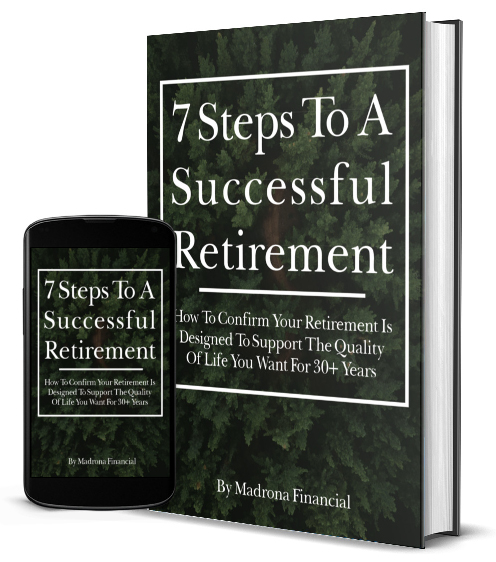
You hate paying taxes, but you like helping people, and you have the means to do so. What to do?
Consider my conversation with the Pessimistic Pat.
Me: “Pat, I have a win-win for you.”
Pat: “Go on.”
Me: “You have that piece of land that only produces a property tax bill for you to pay every six months. You can gift the land to a charitable remainder trust, and get a portion of the gift deducted, based on how old you are. This charitable deduction will get you money back on your taxes until the whole deduction is exhausted. Then you can sell this highly-appreciated asset and pay no capital gains tax on any of the gains because it’s now a non-taxable ‘charity’ selling the land.”
Pat: “What else do I get?”
Me: “In addition, the asset is no longer part of your estate, so you can potentially save 40% on estate tax!”
Pat: “Is there anything else?”
Me: “Yes, you can choose a distribution percentage for you and your spouse’s joint lives up to about 8% of the annual asset balance.”
How is this possible? The tax code allows you to gift highly-appreciated property to a charity and take a tax deduction. The code also allows a charity to sell assets and not pay taxes on gains.
By gifting and therefore giving up control of the asset, it is no longer part of your estate even though you can retain an income benefit for the rest of your lives.
So what is the catch? There is always something, now isn’t there? In this case, it is that the remaining principal after the second of you dies goes to the charity of your choice.
Once the trust is established, you no longer have access to the principal and you can never change the beneficiaries from charities back to your children. You can however, during your lifetime, change the charities that will eventually receive the principal.
Here’s an example of how the Private Charitable Foundation works with a piece of property that costs $100k with a fair market value of $500,000:
- • Receive a charitable deduction
- • Pay no tax on $400,000 gain when sold
- • No estate tax owed anymore
- • Upon second spouse to die, remaining assets go to charity

